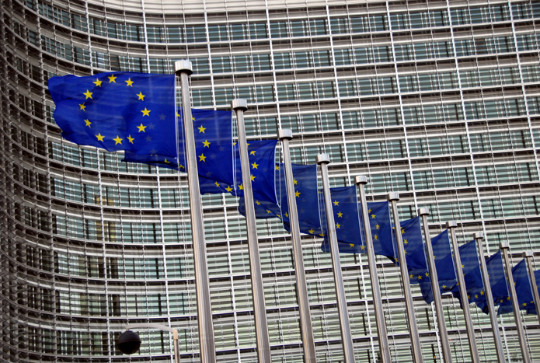
A Resolution to the Crisis in Greece
A temporary resolution brought some relief to Greece Monday morning, as the leaders of the eurozone countries agreed to an outline of a Greek bailout deal.
In return for up to €86 billion in additional financial assistance and a possible debt restructuring, the Greek parliament must pass a range of reform measures, including pension cuts and tax hikes as well as the privatization of state-owned enterprises.
If the Greek parliament passes the reforms, the country will also receive a small level of short-term aid necessary to make a €3.5 billion payment to the European Central Bank (ECB) on July 20th. Greece has until Wednesday to agree to the stipulated reform measures, which would then allow the German parliament to begin consideration of the full bailout package and European leaders to begin formal negotiations.
In the meantime, capital controls remain in place, the Greek bank holiday will be extended, and the ECB will continue its emergency liquidity assistance currently propping up the Greek banking system and preventing a full scale banking collapse.
The economic instability of the past several weeks increased Greek resistance to bailout conditions. Greek Prime Minister Alexis Tsipras faces serious difficulty in maneuvering unpopular reforms through Greece’s anti-austerity parliament. While Tsipras has the support of major opposition parties, his own Syriza is divided over the question. The contentious internal politics of the reform bills jeopardize the future of the coalition government, which holds only a slim majority in the legislature. New elections could lead to a government better suited to implementing reforms, but the recent referendum results indicate that a majority of Greeks oppose proposals similar to the agreement Tsipras accepted.
This agreement will not lead to a quick economic improvement in Greece, and a recently leaked International Monetary Fund report explains that a higher level of debt relief would be necessary to make any repayment schedule sustainable. The deal should, however, help to bolster Greece’s integration with the EU and the broader European economy. This is an important response to meetings between Tsipras and Russian President Vladimir Putin from before an agreement was reached, as it may forestall an expansion of Russian influence in Europe. Keeping Greece as a full member of the eurozone and the EU has economic and strategic benefits, and remains in the American interest.





